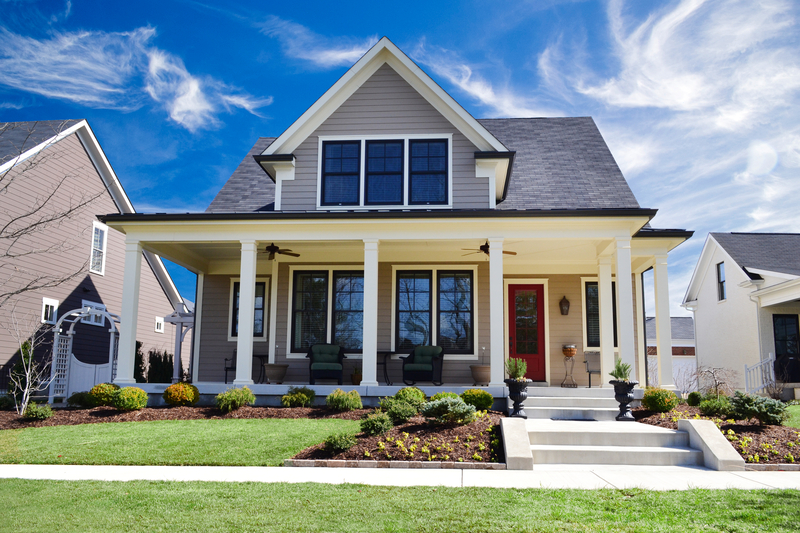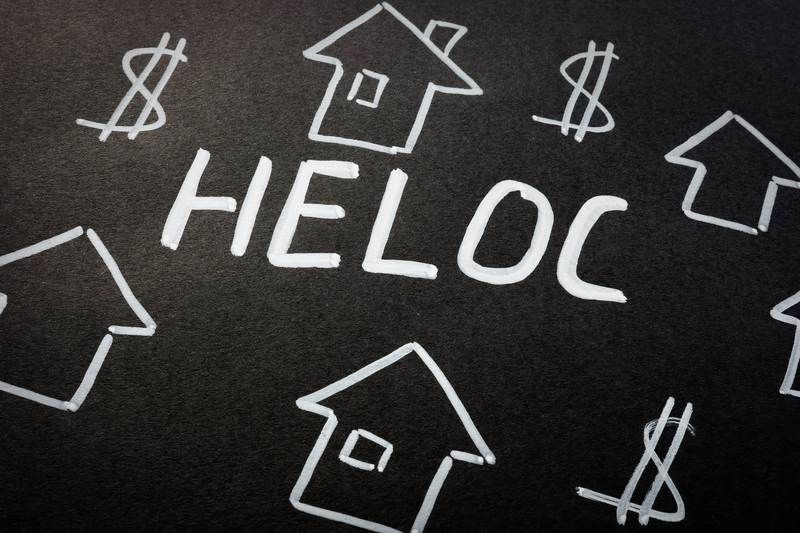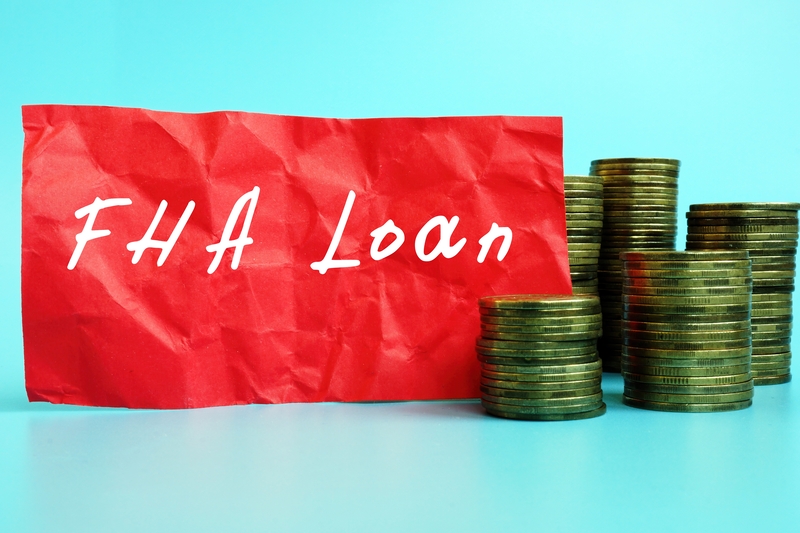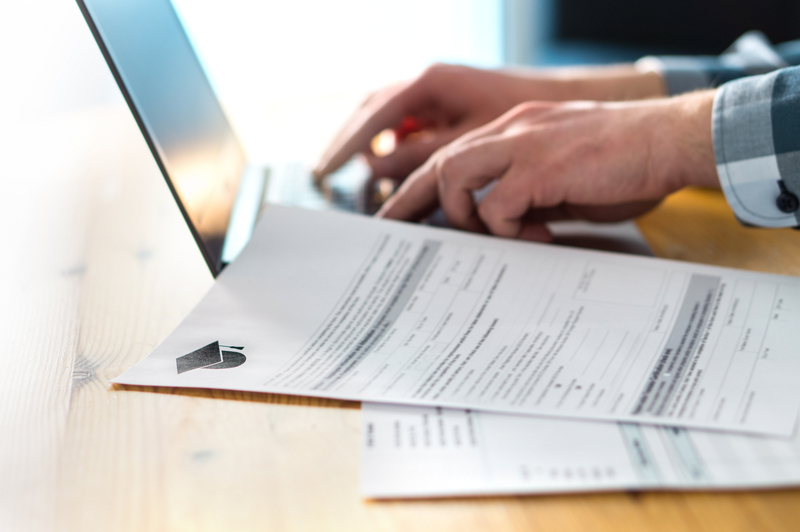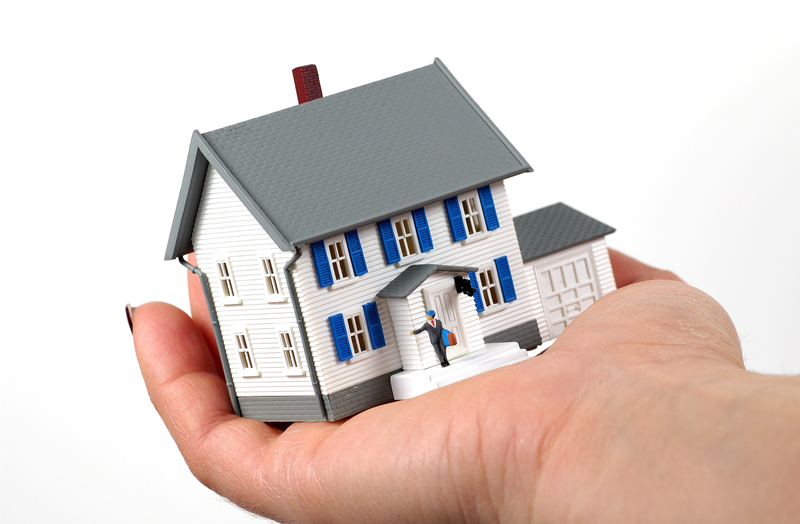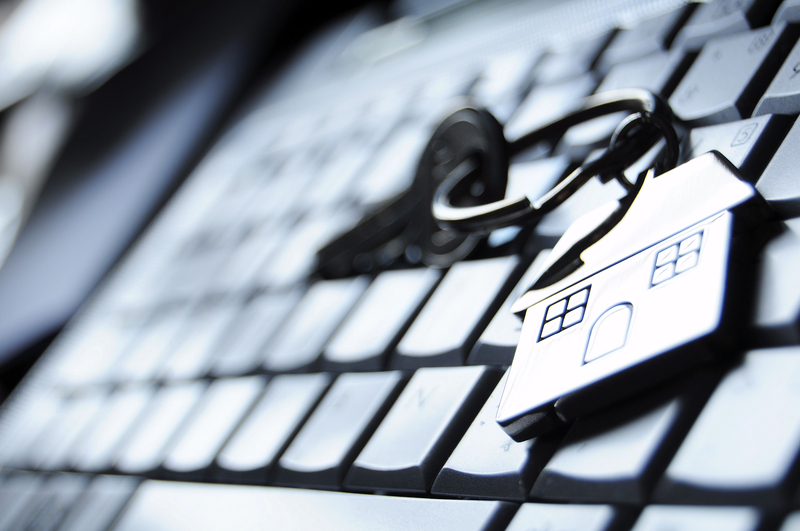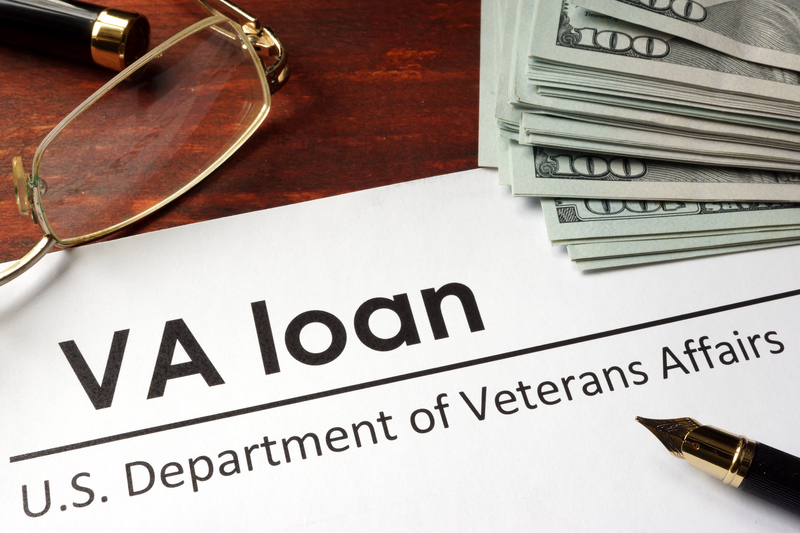While home equity loans are great for different reasons such as home improvement, buying a car, going on a vacation, and paying off educational loans, there are a few downsides to it, which we will discuss below. If you already have a large debt or your credit is not good, it will be more difficult to get a home equity loan.
Higher Interest Rate
The interest rate for a home equity loan can be higher than you would pay for a conventional loan. It all depends on your credit history and other essential variables. With good credit score and credit history, you may be able to lower your interest rate, but there is no guarantee.
Loan Default
If the loan is defaulted for whatever reasons, it could mess up your credit and the bank could foreclose on your home. This is one of the major drawbacks of having a home equity loan. No one knows what will happen in life and if a life event occurs; putting you a financial strain on you, then the loan could be in jeopardy of going in default. More importantly, a defaulted loan that goes into foreclosure of your home can be quite expensive. The lender may not be able to recoup the full loan amount since markets decline and home values are reduced. Some lenders may restructure the loan or modify it to make it work.
Lump Sum Loan
With a home equity loan, you will receive a lump sum amount. Therefore, interest will have to be paid on the total amount. However, if you are using the funds for a major home improvement, and you are able to repay the loan early, you may not consider this a drawback. However, if you take a larger amount from the lender and you are unable to repay it, then you will run into problems. So, be careful how much you decide to borrow.



